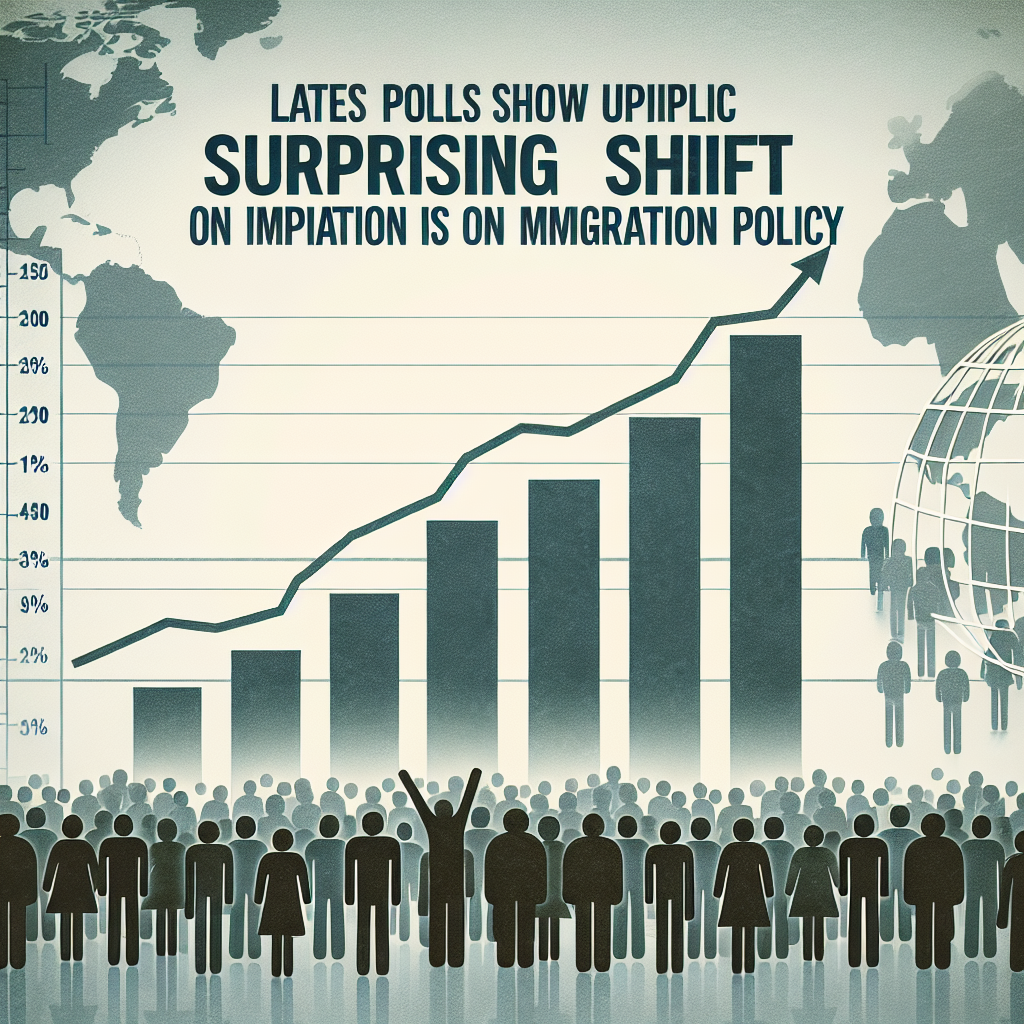Immigration policy has long been a contentious issue in many countries, with debates often focusing on topics like border security, refugee admissions, and citizenship pathways. However, recent polling data has shown a surprising shift in public opinion on this divisive issue.
According to the latest polls, there has been a significant increase in support for more lenient immigration policies, particularly in Western countries. In the United States, for example, a recent survey found that a majority of Americans now support pathways to citizenship for undocumented immigrants, as well as increased refugee admissions.
This shift in public opinion can be attributed to a variety of factors. One key driver is changing demographics, with younger and more diverse populations generally more supportive of immigration. In addition, the humanitarian crisis unfolding in places like Afghanistan, Syria, and Central America has also influenced public opinion, with many people expressing a desire to help those fleeing violence and persecution.
Furthermore, the COVID-19 pandemic has highlighted the important contributions that immigrants make to essential industries like healthcare, agriculture, and food service. As a result, many people have come to appreciate the vital role that immigrants play in society and the economy.
Despite these positive trends, there are still significant divisions within the public when it comes to immigration policy. Some people remain staunchly opposed to liberalizing immigration laws, citing concerns about economic competition, cultural assimilation, and national security.
However, the latest polls show that the tide may be turning, with a growing number of people advocating for more inclusive and compassionate immigration policies. This shift in public opinion could have far-reaching implications for political leaders and policymakers, who may need to reassess their approaches to immigration in response to these changing attitudes.
Ultimately, the evolving public opinion on immigration policy represents a potential opportunity for meaningful reform and progress. By listening to the voices of the majority and working towards more equitable and humane immigration policies, governments can build a more inclusive and prosperous society for all.


